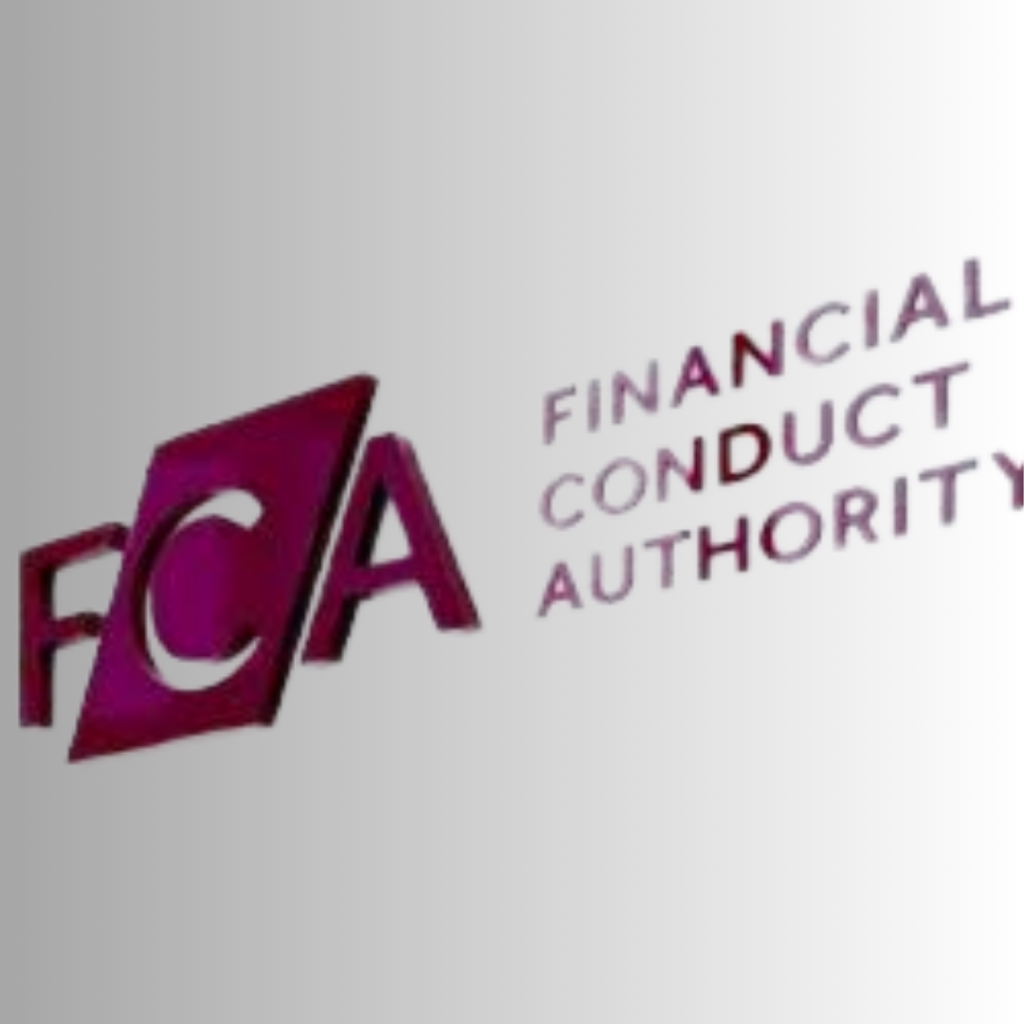UK’s Push for Crypto Compliance Highlights FCA’s Struggle with Ad Regulation
The UK’s push for stricter crypto compliance underscores the Financial Conduct Authority’s (FCA) ongoing struggle with regulating crypto advertisements. As digital assets gain mainstream attention, the FCA has tightened its grip on misleading promotions, requiring firms to provide clearer risk disclosures. However, enforcement remains a challenge, with many firms either failing to comply or operating from overseas. The regulatory body faces mounting pressure to balance innovation with consumer protection, as the crypto industry continues to evolve.

Why Cryptocurrencies Are So Popular
In the last decade, cryptocurrencies have gone from being a niche idea to a mainstream investment option. Social media, influencers, and flashy advertising have made them popular. But these ads often make big promises that are misleading, drawing people in without explaining the risks.
In 2023, the FCA found that many crypto ads in the UK exaggerated benefits or did not mention the risks. This leaves many consumers unaware of how risky and unpredictable crypto investments can be.
New Rules for Crypto Ads
To fix this, the UK introduced stricter rules in October 2024. These rules require crypto companies to:
Show Clear Risk Warnings:
Ads must highlight risks like market ups and downs and the possibility of losing money.
Be Honest About Returns:
Companies cannot promise unrealistic profits.
Get FCA Approval:
All promotional materials must be checked by the FCA or an authorized firm.
These rules aim to protect consumers but have also exposed the FCA’s struggles to ensure everyone follows them.
Challenges the FCA Faces
Unregulated Companies
Many crypto businesses promoting their products in the UK are not regulated. They often operate from countries with weak rules, making it hard for the FCA to take action. Even if these ads break UK laws, the FCA’s powers are limited when dealing with foreign companies.
Complicated Online Ads
Most crypto ads appear online, like on social media or through influencers. These are harder to monitor and control. Influencers, in particular, often mix personal opinions with promotions, making it unclear if they’re following advertising rules.
Limited Resources
The FCA has fewer resources compared to the fast-growing crypto industry. It’s hard to track and review all the ads, especially those from outside the UK.

What the FCA Is Doing
To tackle these problems, the FCA has taken steps like:
Educating the Public:
The FCA runs campaigns to help people understand the risks of investing in crypto.
Partnering with Tech Platforms:
It works with social media sites and search engines to find and remove misleading ads.
Taking Action:
The FCA fines and warns companies and influencers who break advertising rules. In 2024, several major crypto firms were penalized for not following the guidelines.
Why These Rules Matter
The UK’s push for better crypto regulation is about more than just advertising. It’s part of a larger goal to make the UK a leader in safe and responsible crypto innovation. Strict rules can protect consumers but might also slow down the industry’s growth. Policymakers must find a balance between encouraging innovation and ensuring safety.
What’s Next?
The FCA’s struggles show the need for international cooperation. Since crypto operates across borders, global rules could help manage ads more effectively.
New technology, like AI tools, could also help the FCA keep track of ads. By working with private companies and using better tools, the FCA can improve its oversight.
Conclusion
The UK’s efforts to regulate crypto ads show both the challenges and opportunities in managing this fast-changing industry. The FCA’s difficulties highlight the need to adapt to new ways of advertising and investing. As cryptocurrencies grow in popularity, clear rules and consumer protection will remain key to the UK’s approach.














